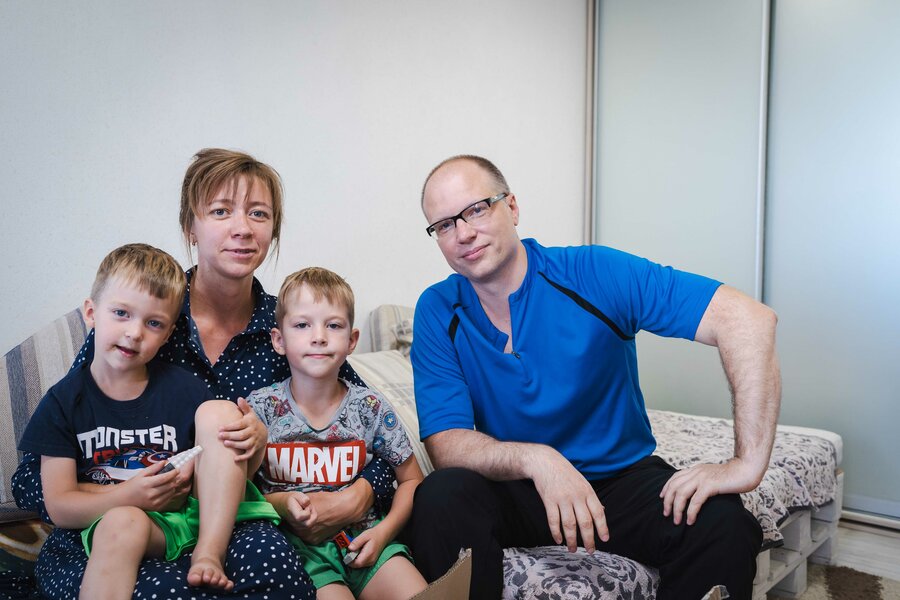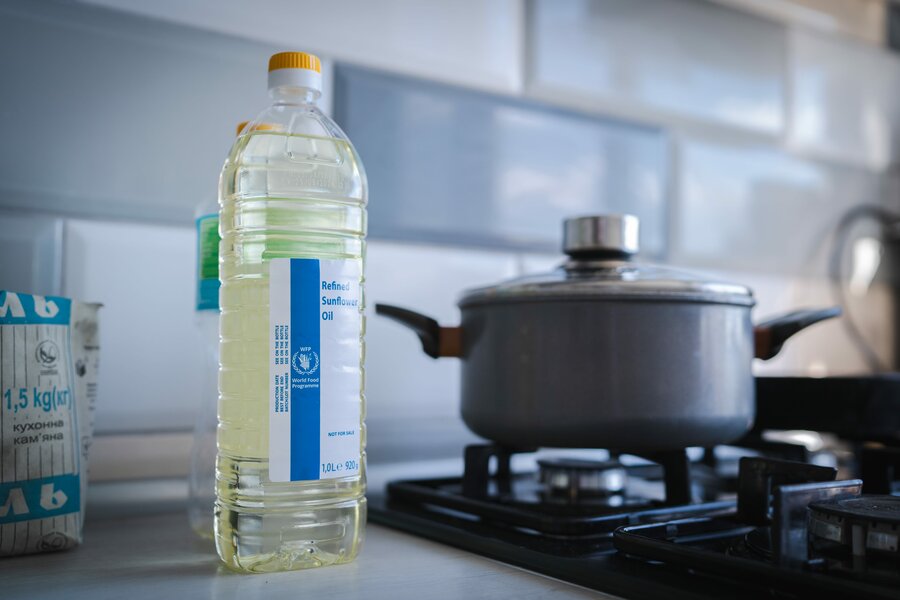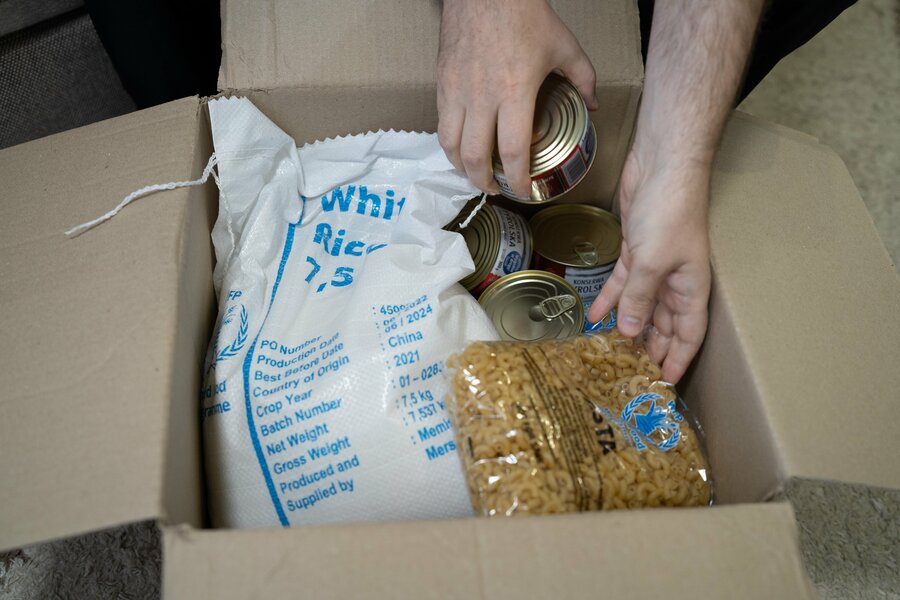In limbo in Dnipro: Displaced family faces uncertainty as Ukraine war goes on

Weariness is etched on Maksym's face as he describes his and his wife Anastasiia’s escape from their home in Ukraine’s war-torn Donetsk region – and the hard times they face today with their two children.
Maksym recalls the steady shelling battering his neighborhood in the eastern town of Bakhmut in March. “We felt our home shake in its entirety,” he says. “We packed our most precious belongings in some suitcases and left the next day.”
They are far from family and friends and are very much living on the edge. While relatively safe, hundreds of kilometres away, their newly adopted city, Dnipro, has also been targeted by missile strikes.

Six months after the war began, Ukraine is a country on the move. Families are abandoning homes they’ve lived in all their lives, fleeing for safety on foot, or by car or bus. Sometimes, they find themselves packing up once again when unrest catches up.
Today, more than 6 million Ukrainians are internally displaced, the UN estimates. Just as many are refugees, mostly in Europe.
Meanwhile, hunger is also on the rise. One in three Ukraine families is food insecure – rising to one in two in parts of the country’s east where 40 percent of people surveyed said they were reducing meal sizes, with adults reducing their intake to feed children, or borrowing food. It remains a challenge for WFP and partners to analyze the needs of a vast, moving population, amid a volatile security situation.
Reaching them with key food and nutritional assistance is challenging, especially in areas where conflict is intense. Nonetheless, the World Food Programme supported 2.9 million people with bread deliveries, food rations, and cash in July alone - WFP uses a flexible mix of food and cash to support vulnerable populations wherever they are, including in areas close to the front line.
When possible, WFP buys food from Ukraine – one of the world’s breadbaskets, which paradoxically supplied two-thirds of the organization's grain procurements for hungry countries last year. Now Ukraine itself counts among those countries.

“We are continuously working to get access to communities near the front line and in newly occupied areas,” says Marianne Ward, WFP’s Deputy Emergency Coordinator for Ukraine. “Last month, WFP reached 921,000 people in near-frontline and conflict-affected areas of the east and south. We are fully committed to supporting people in Ukraine on both sides of the contact line, always guided by the humanitarian principles of neutrality, impartiality, humanity and independence,” she says.
Maksym's family receives WFP boxes packed with staples such as canned meat, rice, pasta and oil.
“With WFP assistance, at least we don’t worry about the food,” he says.

They have plenty of other worries, though.
Anastasiia regularly catches up with her parents who decided to stay back in Bakhmut despite the intensifying conflict. “They are finding it difficult to buy fuel, and food prices are rising by the week.”
After months of searching, Maksym has finally landed short-term jobs to tide the family over. But he misses the steady salary he once earned in Bakhmut as a factory worker. Still, the WFP rations free up his earnings for other key needs, like rent and healthcare.
“We are doing our best to settle in,” Maksym says. “But I am no longer planning for the future.”
WFP is delivering food parcels to families affected by the war thanks to generous contributions from Australia, Canada, Denmark, the European Union, Germany, Japan, Korea, Luxembourg, Sweden, Switzerland, UN CERF, USAID’s Bureau for Humanitarian Assistance, as well as private donors.
Learn more about WFP's work in Ukraine
